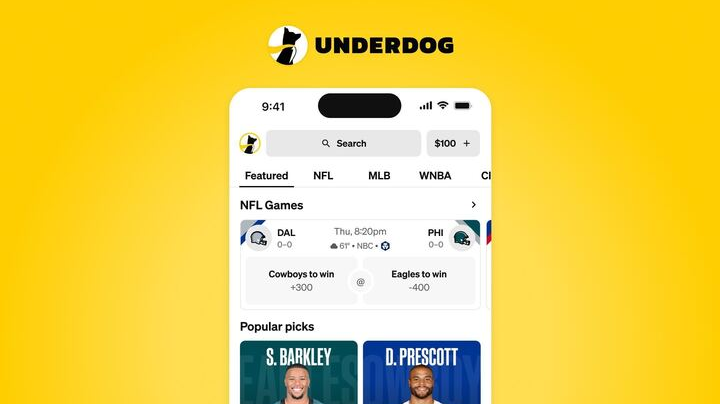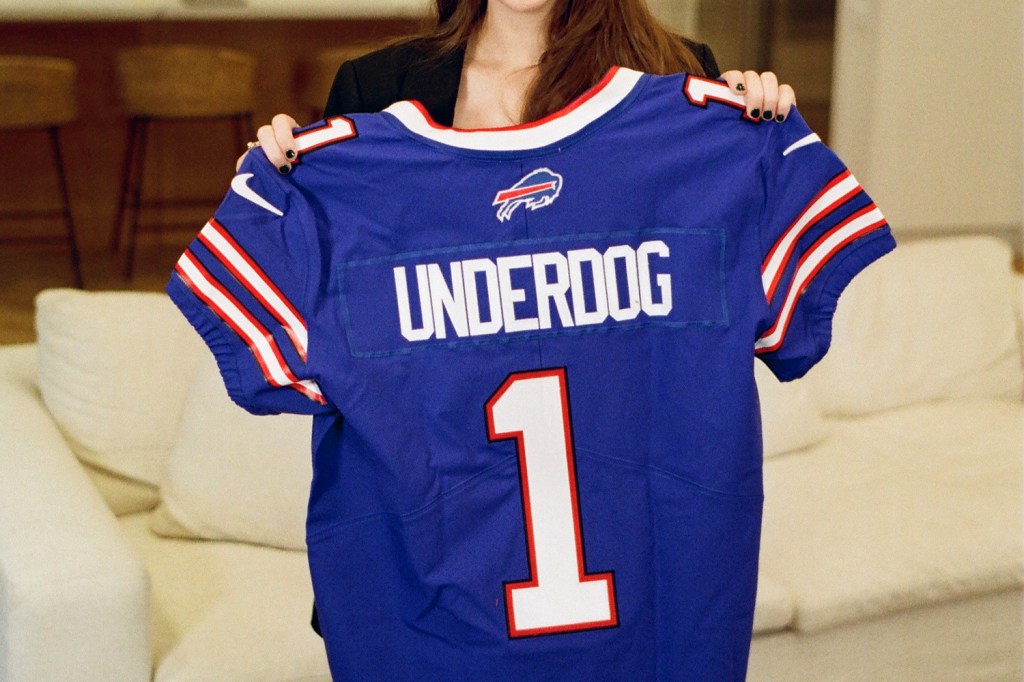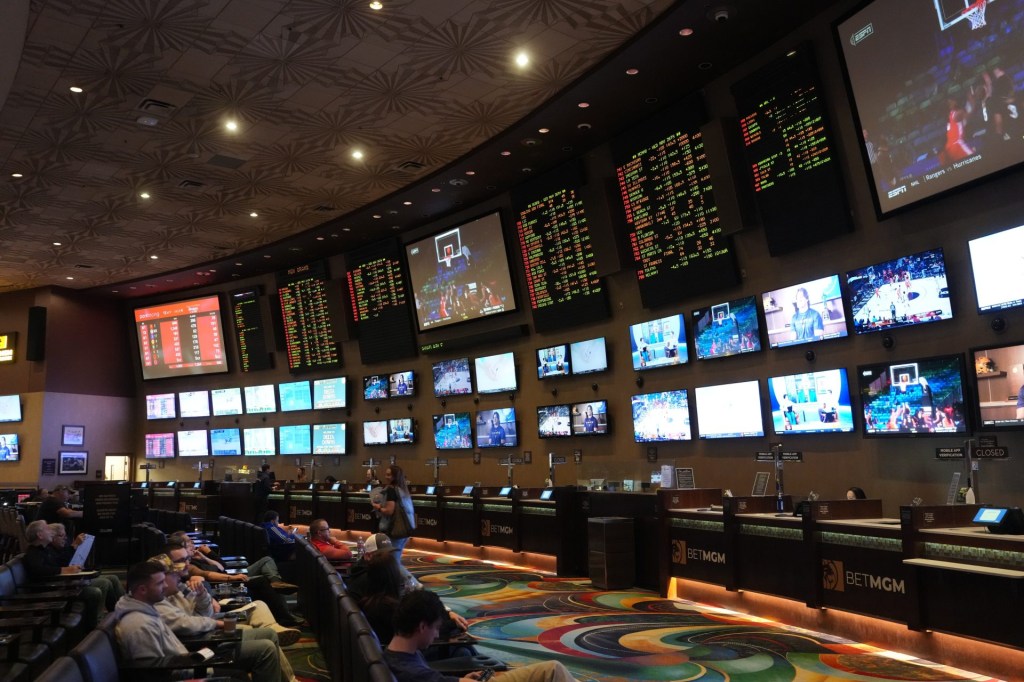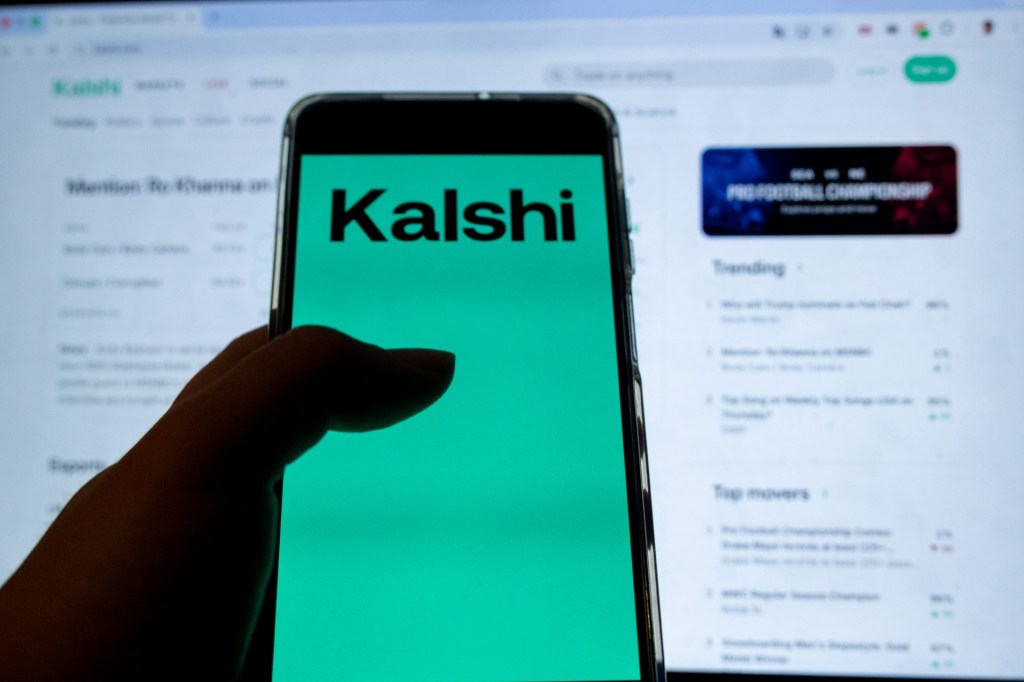A decade ago, before the Supreme Court overturned the federal ban on sports betting, DraftKings and FanDuel turned “fantasy sports” into a multi-billion-dollar industry. All the while, the gaming industry complained in chorus: How is this not gambling?
Now that same industry is giving prediction markets like Kalshi and Crypto.com side-eye as they wander onto its turf.
“There are moves into our sector,” BetMGM CEO Adam Greenblatt told Front Office Sports in an interview at the Super Bowl on Friday. “You’ve seen CFTC are trying to offer contracts on sports wagering. On the gaming side, you’ve got the sweepstakes casinos doing their thing. If it looks like a duck and quacks like a duck, I say it should be regulated like a duck.”
Greenblatt’s comments mirror those put out on February 4 by the American Gaming Association, the trade organization for the gambling industry. The AGA’s vice president for government relations, Chris Cylke, argued that sports future contracts “appear to circumvent state regulatory frameworks.”
Cylke urged companies offering prediction markets to pause them as the CFTC takes time to review their legality, even as he touted the state frameworks followed by sportsbooks. “Failure to sustain and uphold state regulatory frameworks on sports wagering poses potential consumer risks and jeopardizes state revenues dedicated towards critical priorities, such as public education, infrastructure projects, and responsible gaming programs and problem gambling services,” he said in a statement shared with Front Office Sports.
The AGA’s statement coincided with a February 4 Bloomberg report that the CFTC had asked Kalshi and Crypto.com to justify how their Super Bowl prediction markets complied with existing regulations.
That doesn’t mean a crackdown on prediction markets is imminent.
In fact, the opposite may be true. In a February 5 press release announcing a roundtable on prediction market regulations, acting CFTC chairman Caroline Pham—elevated by President Donald Trump on his first day back in office—blasted the agency’s existing stance on event contracts as a “sinkhole of legal uncertainty” while hailing prediction markets as “an important new frontier.”
Much of that uncertainty stems from the fact that sports betting and prediction markets have the same basic elements—money and speculation—but different regulatory systems. The Supreme Court’s 2019 decision essentially kicked sports betting laws down to the state level. Thirty-eight states now allow it.
However, event contracts stem from the Wall Street world of futures trading. They are “yes” or “no” contracts predicting the outcome of a future event and are therefore regulated at the federal level by the CFTC.
That agency has long prohibited certain types of contracts, including those predicting election outcomes or assassinations—and gaming.
But in the past year, cracks have formed in that prohibition, paving the way for prediction markets to edge into sports betting and find a backdoor to nationwide legal status as sportsbooks fight for state-by-state approval.
In 2024, Kalshi successfully sued the CFTC to overturn its restriction on election betting. (Polymarket, which was already offering election markets at the time, barred U.S. users so as not to run afoul of the agency.)
After the election, the shift from a Biden administration keen on consumer protection to a Trump administration bent on deregulation (including an actual push to abolish the Consumer Financial Protection Bureau) meant that sports contracts might be coming.
As if on cue, in December cryptocurrency exchange Crypto.com began offering a Super Bowl prediction market. It was quick to point out that its “sports event trading” was “not ‘sports betting.’” After the CFTC asked Crypto.com in mid-January to pause the market so the agency could determine its legality, the exchange said no. With then-chair Rostin Behnam set to step down, it instead chose to run out the clock and wait for a new chair.
Kalshi followed suit in January with its own Super Bowl event contracts—but it waited until after Inauguration Day. Robinhood, meanwhile, rolled out sports event contracts in partnership with Kalshi in early February, only to suspend it later that week after a CFTC request.
As of Super Bowl Sunday morning, Kalshi had just over $6.16 million in trading volume, while Polymarket, which purports to prohibit U.S. traders, had registered $5.08 million. While that pales in comparison with the projected $1.5 billion betting handle Legal Sports Report is projecting for the big game, it could still grow into a credible threat, especially in jurisdictions where sportsbooks are not allowed to operate.
And some, like BetMGM, may be interested in getting in on the action. When asked about prediction markets during a February 4 earnings call, Greenblatt identified them as a growth opportunity while noting that BetMGM already has election event contracts in Ontario, where it is legal.
The former fantasy sites are also taking an interest in this new set of disruptors.
DraftKings CEO Jason Robins told FOS on Friday at the Super Bowl that his company is monitoring prediction markets’ emergence. “We’re obviously paying close attention to it and waiting to see what the outcomes of some of these different things are,” he said. “But it’s certainly an intriguing development. And anytime you see disruption like that, it’s going to cause some things to happen. How it all shakes out, I don’t know. I mean, really hard to predict.”
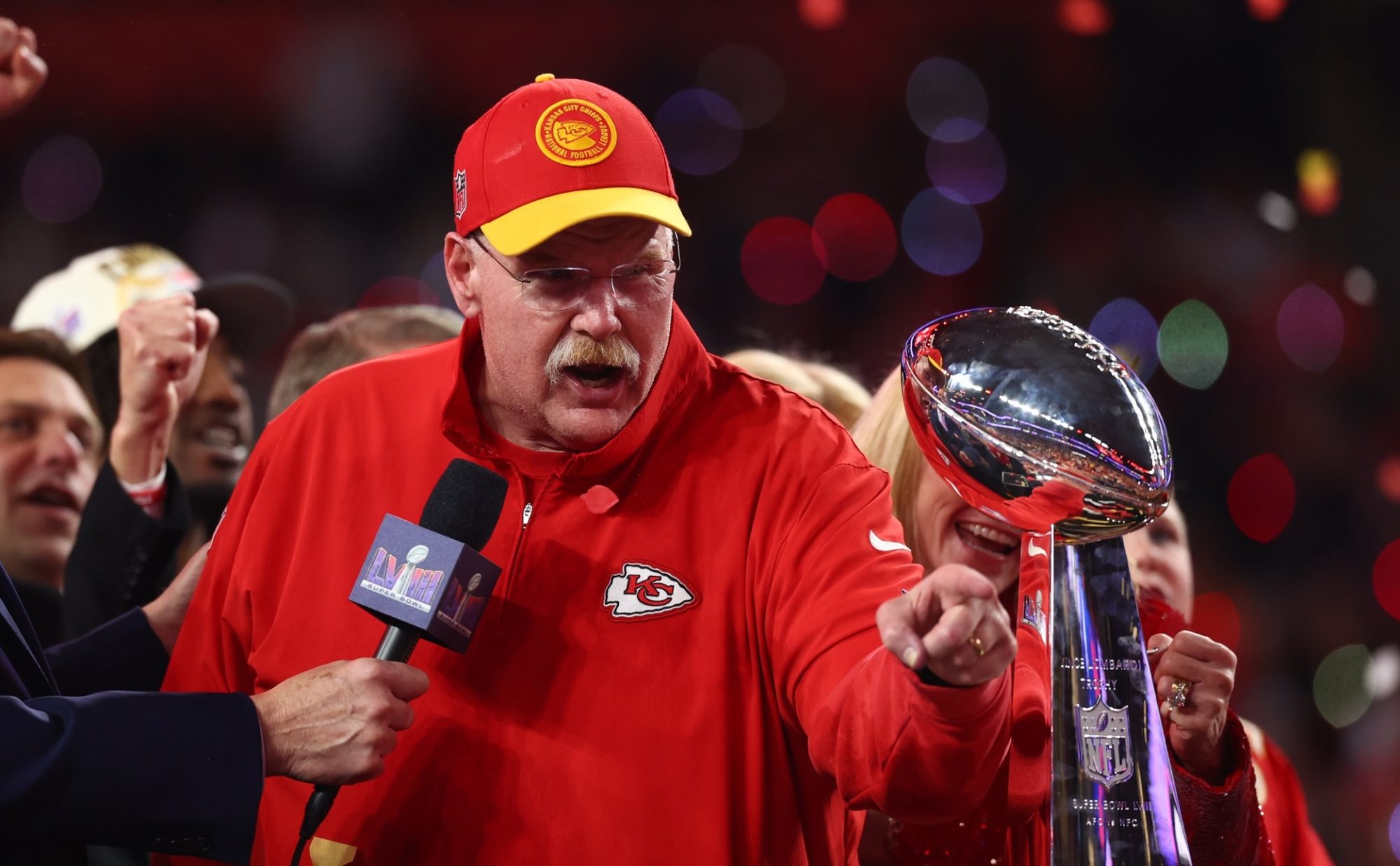

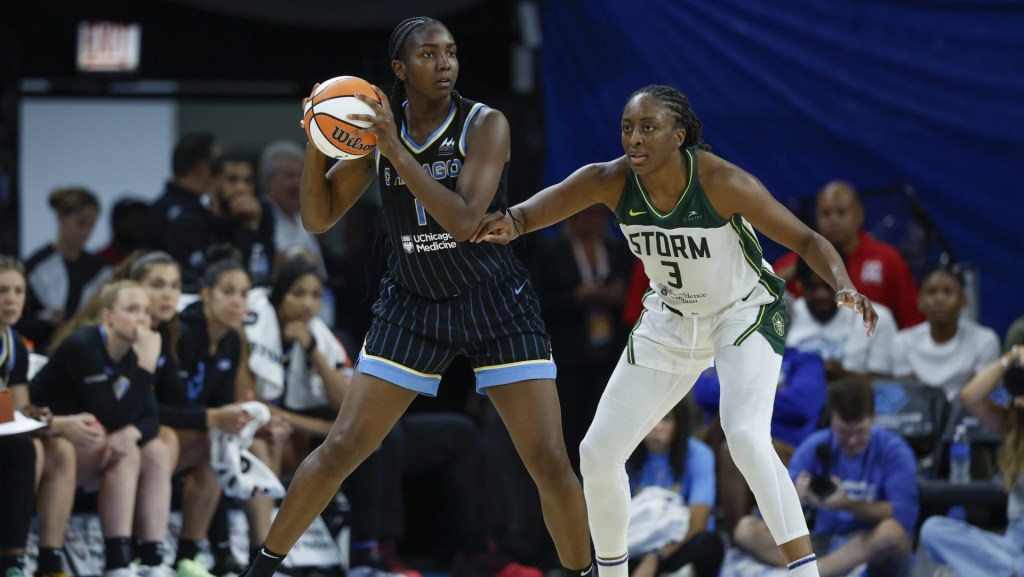
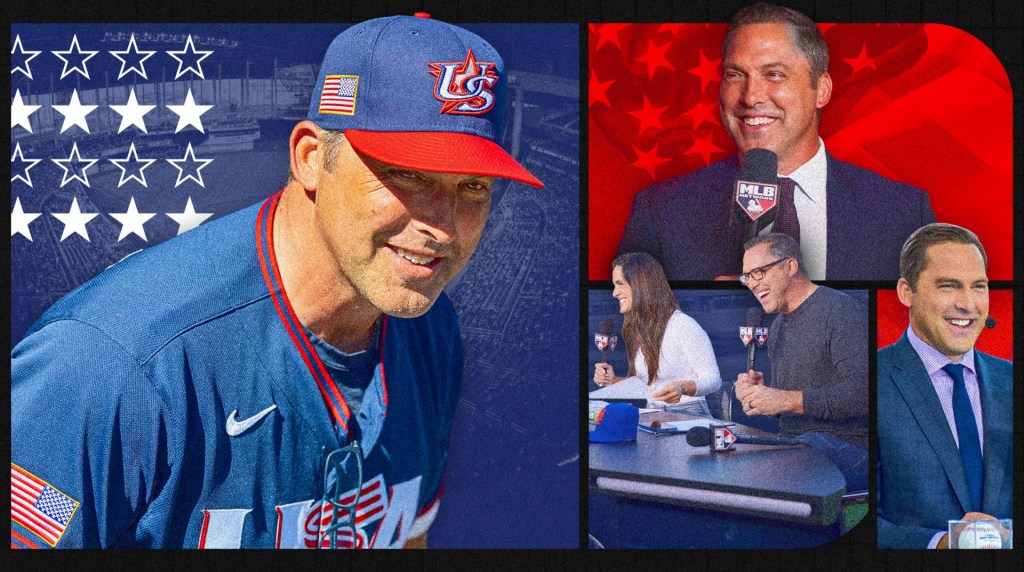



![[Subscription Customers Only] Jun 15, 2025; Seattle, Washington, USA; Botafogo owner John Textor inside the stadium before the match during a group stage match of the 2025 FIFA Club World Cup at Lumen Field.](https://frontofficesports.com/wp-content/uploads/2026/02/USATSI_26465842_168416386_lowres-scaled.jpg?quality=100&w=1024)
![[Subscription Customers Only] Jul 13, 2025; East Rutherford, New Jersey, USA; Chelsea FC midfielder Cole Palmer (10) celebrates winning the final of the 2025 FIFA Club World Cup at MetLife Stadium](https://frontofficesports.com/wp-content/uploads/2026/02/USATSI_26636703-scaled-e1770932227605.jpg?quality=100&w=1024)
